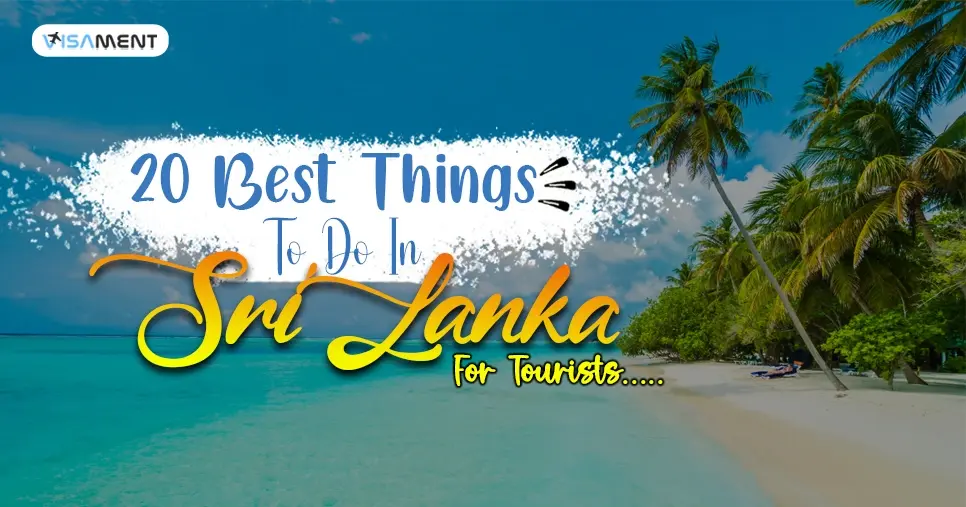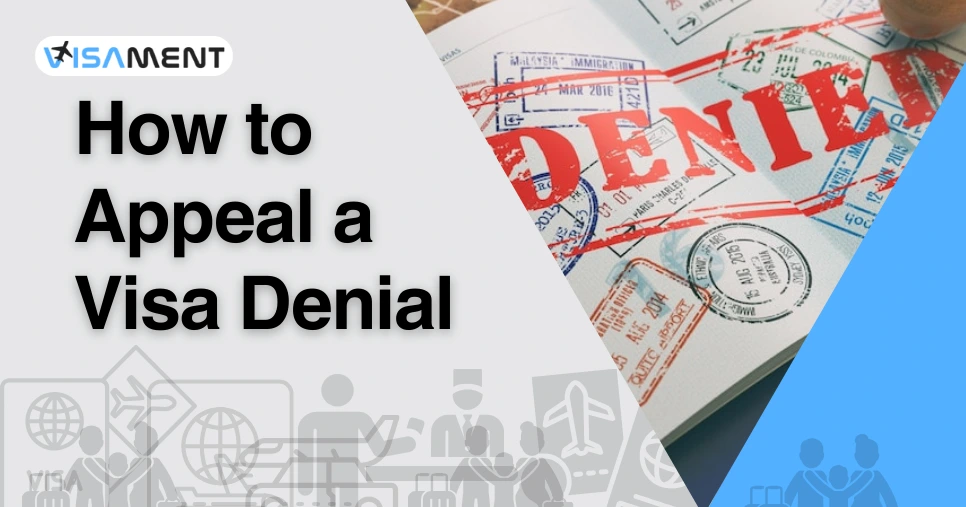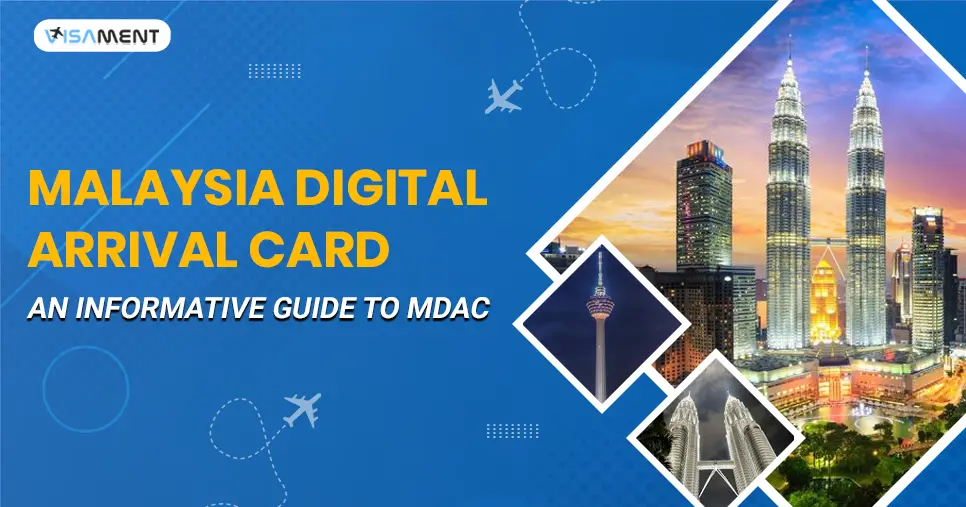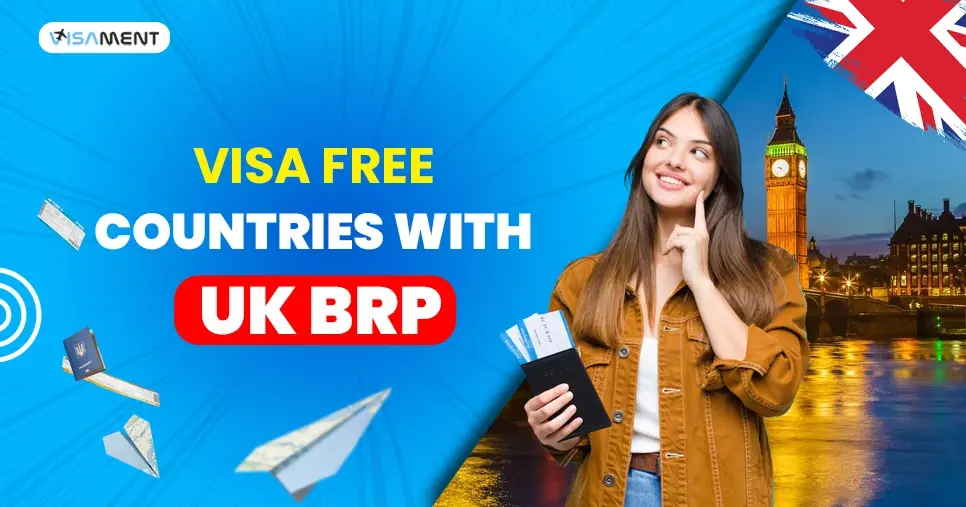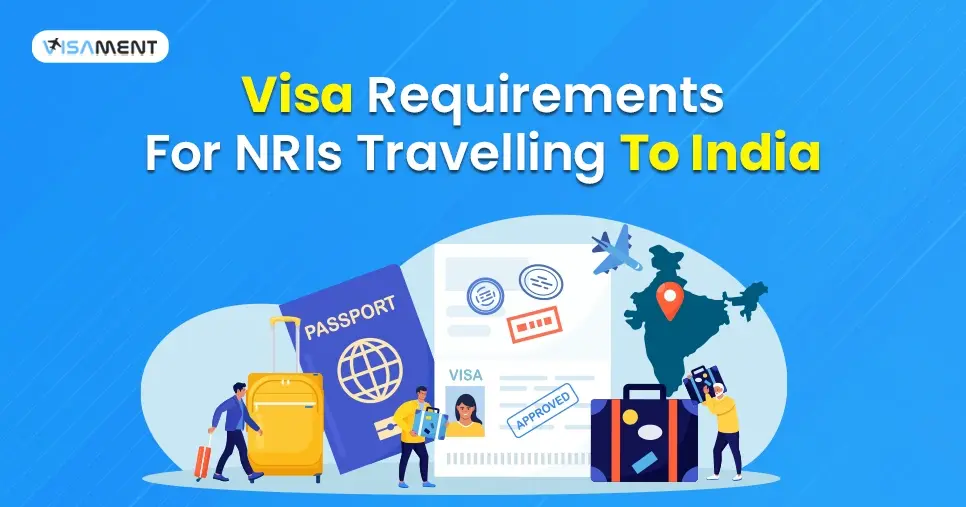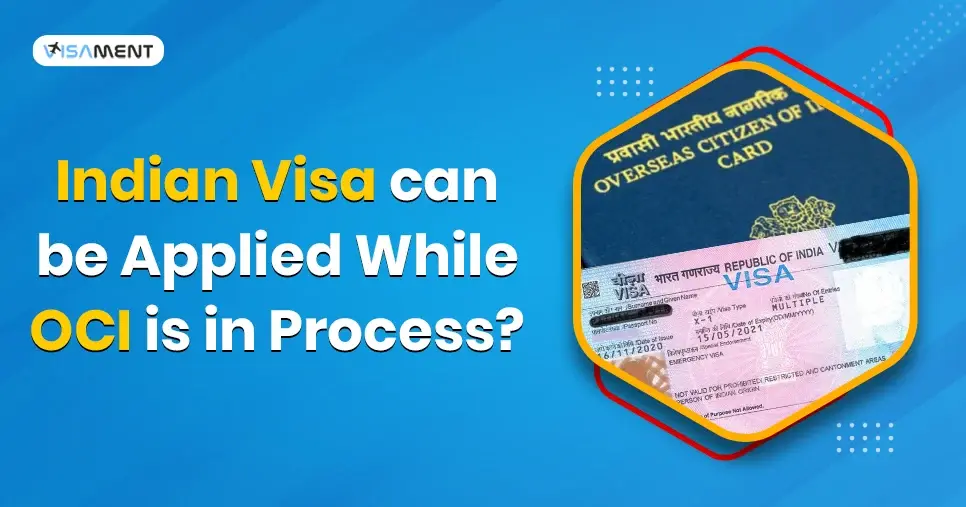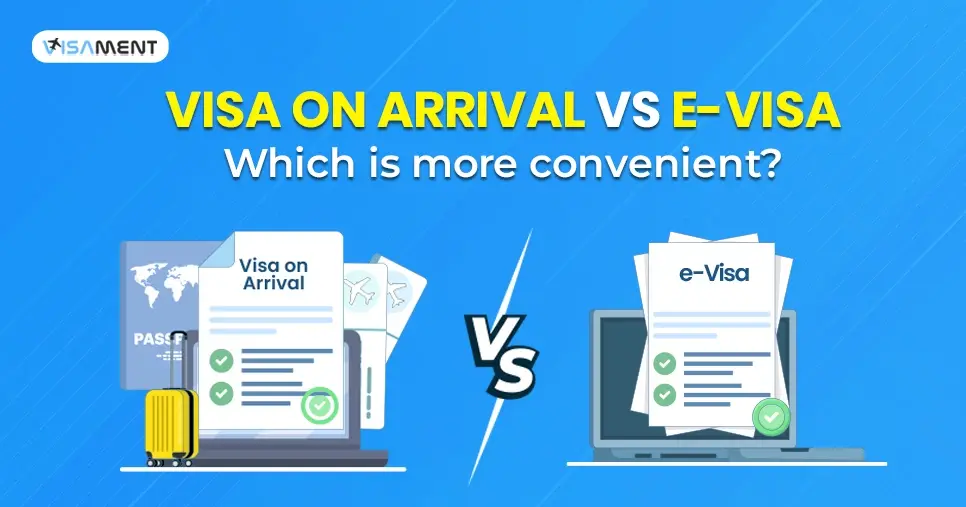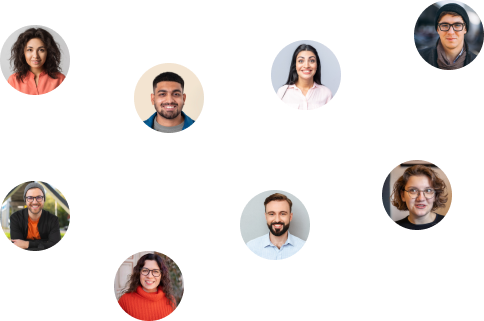- What Are Some Tips For An F1 Visa Interview?
- Best Way to Dress for an F-1 Visa Interview
- Documents Needed for Your Interview
- What Are Some Common Questions In The F1 Visa Interview?
- 1. Why Are You Going To The US? What Will You Specialize In For Your Degree? What Will Be Your Major?
- 2. Where Did You do your schooling? What do you do for a living?
- 3. Why Do You Want To Continue Your Studies? Why Can't You Continue Your Studies In Your Home Country? Why Choose The United States of America? Why Not Go To Canada Or Australia?
- 4. How Many Colleges Have You Applied To? How Many Schools You Get Chosen Into? How Many Schools Have Rejected You?
- 5. Do You Know The Professors At Your University? What Are Their Names? Which City Is Your School Located In?
- 6. Have You Ever Been To The United States Before?
- 7. What Are Your Test Scores (GRE, GMAT, SAT, TOEFL, IELTS)? What Was Your Previous GPA?
- 8. How Are You Going To Fund The Entire Duration Of Your Education?
- 9. How Much Will The School Cost You? How Will You Handle These Expenses?
- 10. What Is The Occupation Of Your Sponsor?
- 11. Do You Have Any siblings?
- 12. Have You Got Any Loans? How Do You Plan To Repay The Loan?
- 13. Will You Come Back To Your Home Town During Vacations/Holidays?
- 14. Are There Any Relatives Or Friends Of Yours Currently In The US?
- 15. What Are Your Plans After Graduation? Do You Have Any Job Or Career In Mind After Graduation?
- 16. Do You Plan To Come Back To Your Home Country? Are You Sure That You Will Not Stay In The US? Will You Continue Working For Your Current Employer After Your Graduation?
- 17. Why Should I Give You A Student Visa?
- Ask For Support
- To Conclude
A visa interview is a meeting with a consular officer to verify if an applicant is eligible for a visa or not. The interview will determine the applicant's qualifications and ask some questions. It is the most important part of an F1 visa application. It will either get you or break the entire US student visa process. Here is a blog for you to learn about the common questions to prepare for a US student visa interview.
The purpose of an F1 visa interview is that the consular officer wants to know more about you. They try to understand if you want to enter the US to study for real or if there is any other reason behind applying.
So, it is important to be well-prepared in advance for the interview. Apart from arriving on time with proper clothes and not being nervous, you must also check the questions that are most commonly asked. Try to prepare answers to the common questions before going for the interview.
What Are Some Tips For An F1 Visa Interview?
Performing well in a US student visa interview is vital as it will decide whether you will be getting a visa or not. Being well dressed, arriving on time, and giving answers confidently are basics. Here are some quick tips for an F1 visa interview to perform better in the interview. Follow these tips to give your best, as it is the most crucial part of the F1 visa application process.
- Being confused and giving unclear answers may create a bad impression. So, give clear answers to every question without taking a lot of time to think as the interview will be short.
- Provide all the required documents that the consular requires for verification. Make sure to organize the document before the visa interview. It will help you avoid making a mess in your hands when you visit the embassy/consulate for the interview.
- Don't be nervous, stay calm and confident throughout the interview. Avoid consuming any kind of alcohol at least 24 hours before your interview.
- Eat something before going for the interview, as you might have to wait more than the expected time.
Best Way to Dress for an F-1 Visa Interview
As we know, the first impression is always important. It is very important to understand that during interviews and meetings, one's attire should be presentable. It involves your whole style and personality to meet the expectations when you go for any interviews. Choosing the right attire shows your professionalism. For your US visa interview, wear comfortable yet professional attire.
Suggestions for good clothes and styling:
-
Go for Formal Clothing: It is always advisable to choose formal attire whenever you attend an interview, and the same applies to F-1 Visa interviews. Shirts, ties, jackets, and suits are examples of formal attire that are always suitable to wear.
-
Choose a Comfortable Style: Always opt for a comfortable outfit, as it conveys your body language and confidence. When you attend your F-1 Visa Interview, your outfit should be comfortable, professional, and relaxed.
-
Opt for Minimal Accessories: Wearing heavy jewelry can distract your interviewer and convey an unprofessional nature during the interview. So, try not to wear jewelry; go with a watch or studs instead.
-
Try to keep fragrances light: Do not choose strong perfumes for your interviews, as they can be uncomfortable for others and cause headaches. So, go with light perfumes.
Documents Needed for Your Interview
There are some important documents which is required to carry for your F-1 visa interview. The required documents are:
-
A valid passport is required
-
The I-20/SEVIS form was issued by the US university you wish to attend.
-
A completed DS-160 visa application form is also required.
-
Your visa application fees and SEVIS receipt fee are also required.
-
Book your interview slot before attending. You will get your Visa interview appointment confirmation.
-
You will also be required to submit your high school certificates, degree certificates, or a photocopy of your mark sheet if you have taken an exam such as the GMAT.
-
Also, take your financial proof documents with you, which should include bank statements and other evidence of your finances.
What Are Some Common Questions In The F1 Visa Interview?
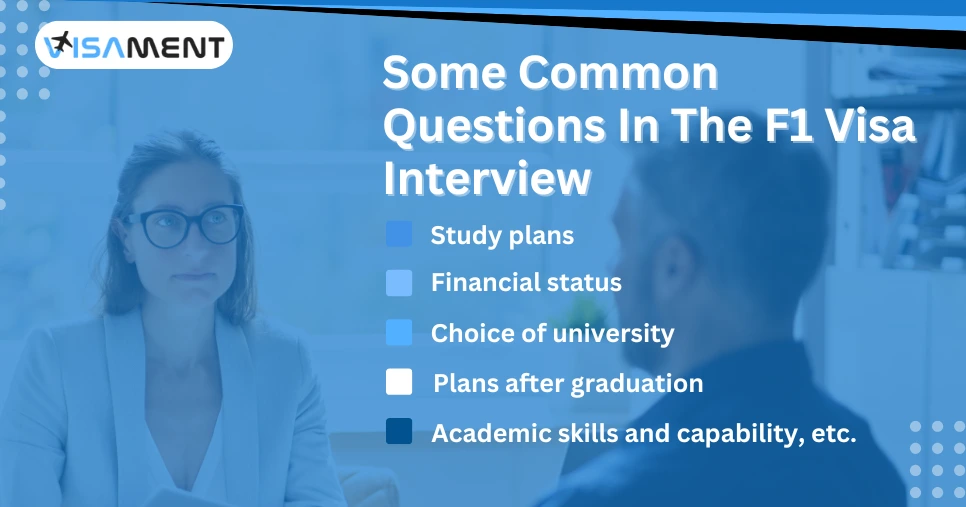
The consular officer often asks some common questions to every F1 visa candidate. This works in your favor as it helps you to prepare for the interview in advance and be more confident. Generally, the interviewer asks you questions related to your:
- Study plans
- Financial status
- Choice of university
- Plans after graduation
- Academic skills and capability, etc.
The most common questions asked in the F1 visa interview are as follows:
1. Why Are You Going To The US? What Will You Specialize In For Your Degree? What Will Be Your Major?
The interviewer will ask every question one by one. This is just the start and a "warm-up" since more questions are about to come. You must tell the officer that you have been admitted to an educational institution in the US. Do not stretch the answers or talk a lot.
Keep your answers short (not too short) and give precise, clear, and accurate answers. Do not say anything meaningless as the interviewer will not like that.
2. Where Did You do your schooling? What do you do for a living?
The interviewer officer wants to know why you don't want to work and wish to continue your studies.
Another question allows the officer to know more about you and your personality. They ask more real questions about the topics that the officer wants to know about.
3. Why Do You Want To Continue Your Studies? Why Can't You Continue Your Studies In Your Home Country? Why Choose The United States of America? Why Not Go To Canada Or Australia?
The officer will ask you why you chose the US as a study destination and not any other country. Try to give more specific and to-the-point answers.
Do not answer "US is a powerful nation or it has a strong or developed economy". Such answers will sound cliché and will make the officer think that you like the US in a way that you will stay there even after completing your studies. Instead of that, talk more about the university/college in which you will pursue your degree. You can the professors in your university who are well-known professionals in their field, etc.
Also, you can mention some main features of your institution like world ranking, research faculty, profile of faculty, profile of alumni, etc.
4. How Many Colleges Have You Applied To? How Many Schools You Get Chosen Into? How Many Schools Have Rejected You?
The officer wants to learn more about your qualifications as a student and your future path or career. Remember that students who get admission into a higher caliber university will have more chances of getting a visa.
You need to be honest when telling how many colleges have rejected you before you got admission. In case you lie, the officer can easily find that out, which may lead to facing visa application rejection.
5. Do You Know The Professors At Your University? What Are Their Names? Which City Is Your School Located In?
If you know very little about the university you got admission to, then do some research before going for the visa interview. The officer will ask you about the professor's name or the people in charge of your university. Read about the most famous professors of your university. It will help you mention their name,s any prize they have won, any book they published, or any achievement.
The officer might also mention some famous alumni to you if they know any or they may ask you about any alumni of the university that you got admitted to. These questions are asked to check if you are truly interested in getting a proper education or if is it just a way for you to enter and stay in the United States.
6. Have You Ever Been To The United States Before?
Give an honest answer, say yes if you have ever visited the US before for any reason. Such as tourism, training, medical reasons, etc.
If you have never been to the US before you can mention that as well because you didn't want to or didn't get the chance to visit the US. Tell the officer your feelings about whether you would like to visit the country once as a tourist if you don't get the chance to study in the US.
We offer OCI, Visa, and Passport application services along with other services. Our team will make sure to get your dreams fulfilled by filling out an error-free application for you.
Contact US
7. What Are Your Test Scores (GRE, GMAT, SAT, TOEFL, IELTS)? What Was Your Previous GPA?
Even if the university has selected you, the officer would still want to know your chances of success at university.
8. How Are You Going To Fund The Entire Duration Of Your Education?
By asking this question, the officer wants to know how are going to fund your stay in the US. If you have enough savings for the entire duration you will be in the US then show proof related to that to the officer. If not, if you have a sponsor as parents, partners, etc. then you will have to show how they will fund your stay in the US and if they are proficient to sponsor you. If you have won any scholarship, show documents that prove this scholarship.
9. How Much Will The School Cost You? How Will You Handle These Expenses?
Tell the officer how much will your school cost and how much will you have to spend on accommodations and other expenses. Tell me how much money you will receive every month and try to prove that it will be sufficient to cover your studies.
If you are thinking of doing some student on-campus jobs, it is better not to mention it. Since this would make the officer think that you might become a burden to the United States public funds.
Expenses for healthcare in the US may not be affordable for a lot of international students. The cost to treat a broken leg or arm will be $2500. On the other hand, staying at a US hospital may cost around $10,000 on average.
Although it is not necessary, the officer may not ask you for health insurance. Still, you can provide proof of health insurance to convince the officer about your financial support during your time in the US.
10. What Is The Occupation Of Your Sponsor?
With this question, their motive is to know if your sponsor can cover your expenses or not.
11. Do You Have Any siblings?
If your parents are your sponsor, then the officer may ask visa questions for parents to determine if they are capable of supporting you. They also want to know if your parents can financially support other people as well.
12. Have You Got Any Loans? How Do You Plan To Repay The Loan?
If you don't have loans, just say that. If not, tell the officer honestly about the amount of loan you have applied for and from where you have received the loan.
You can also say that you can find a good job in your home country after your graduation and repay the loan. Do not mention, even by mistake, that you will be paying off the loan by doing some odd jobs in the US.
13. Will You Come Back To Your Home Town During Vacations/Holidays?
With this question, the officer wants to know more about your relations with your family and your home country. Say that you will come back during the holidays to meet your family and friends, even if you don't plan to come. If you plan to stay and work in the US during your summer or winter vacations, don't tell that to the officer. If you say that, the officer will have the impression that you are going to the US to earn money, and you might even stay there upon the completion of your degree.
14. Are There Any Relatives Or Friends Of Yours Currently In The US?
Give an honest answer to this question. Even if you have any faraway relative whom you meet every three to four years, then tell the officer about that also. Or else, if you have any friends who met you only once or twice, you have to mention that friends too.
15. What Are Your Plans After Graduation? Do You Have Any Job Or Career In Mind After Graduation?
As the F1 visa is a non-immigrant visa, you will to convince the officer that you don't have any plans to stay in the US rather you plan to return to your home country post-graduation. If you tell him more about what you have planned to do, you will most likely convince the officer that you have no intentions of staying in the US after your graduation.
16. Do You Plan To Come Back To Your Home Country? Are You Sure That You Will Not Stay In The US? Will You Continue Working For Your Current Employer After Your Graduation?
Explain to the interviewer that you have very strong ties to your home country and you will return for sure. Tell them that you have your friends, family, close friends, or partner in your home country if you do. If you own a pet, tell the interviewer about that too. Tell about any property, business, etc. that you own because of which you will return to your home country.
17. Why Should I Give You A Student Visa?
This is the last question that the officer may ask. Make a very strong case about why you should be given a student visa. Put forward a strong point and stay confident while giving the case. Again, do not say anything meaningless or gibberish. Even while answering, try to convince the officer by putting an impression that you have no intentions of staying in the United States, and you will surely return to your home country.
Ask For Support
After your interview has been done you will now have to wait patiently to get your visa. You will have to wait for at least 60 days to get the visa approval message. To get instant updates, you may keep tracking the status of your visa application. It is possible that you may not be able to keep track of your application by sparing time from your busy schedule. Don't worry, Visament has got you covered.
Visament is one of the most trusted services amongst people around the globe. We will help you in keeping track of your application by giving you regular updates. Our team will make sure to keep checking every update in your application and notify you about the same. Not only this, we can also help you apply for any type of visa and get it approved promptly without any hassle. From filling out the application, submitting the document, handling the fees, to tracking the status, we can help you throughout the application process.
Our team is available 24*7 to assist you with visa services, passport services, OCI and PIO services, and many more. Do not hesitate to contact us whenever in doubt as we can convert the stressful process into an easier one.
To Conclude
These are the questions that are most commonly asked of a person in a visa interview. The questions will be easy, you have to be confident and give honest answers. Do not lie to impress the officer, as it will not help you, and you may end up facing visa rejection. Give honest answers to every single question as they will ask questions related to you and your intentions only. Dress nicely and arrive on time to leave a good impression. Prepare some common questions in advance to reduce some nervousness. Be brief yet precise. Do not say anything meaningless, and make sure to perform well to get a positive response.
Frequently Asked Questions
A visa interview is a meeting with a consular officer to verify if you are eligible to get a visa to enter the US or not. The process includes asking questions, verifying the documents, scanning fingerprints, etc.
To introduce yourself in a visa interview, you can share your background, tell about the reason behind your visit, and how you plan to manage and fund your stay.
For an interview, try to wear a comfortable, professional look. Do not wear a lot of jewelry and use light fragrances. Wear something formal like a shirt with a blazer and formal pants. Women can wear a suit or long dress.
Avoid wearing bright and flashy colored shirts, ill-fitted clothes, a lot of perfume, huge and overloading accessories, plunging necklines, unbuttoned shirts, etc.
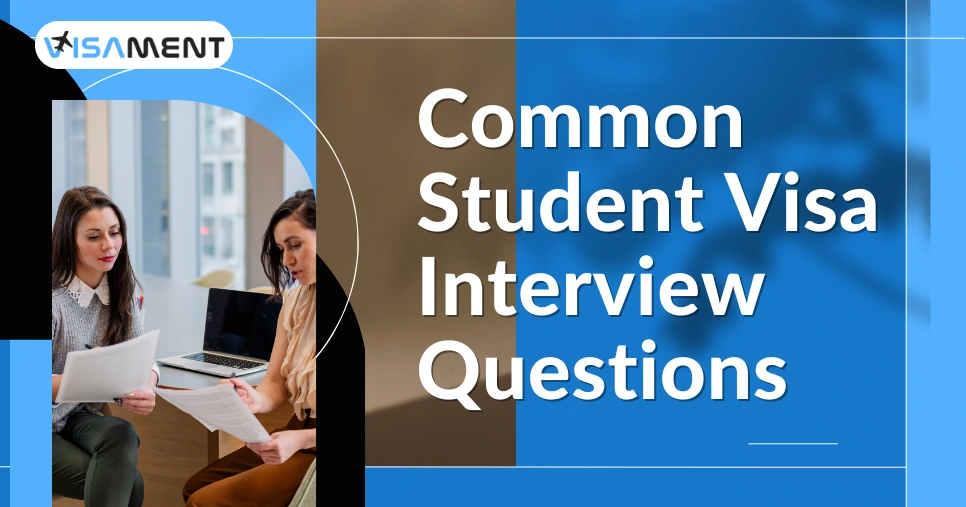
_1744265071.webp)
